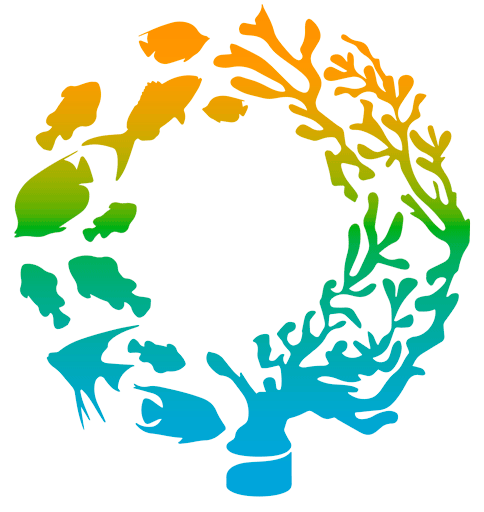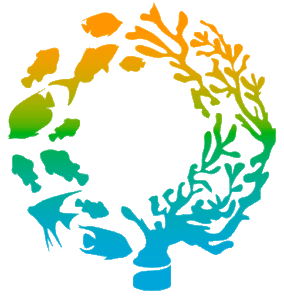MARINE-COASTAL ECOSYSTEM CONSERVATION ACTIONS
CORAL REEF MONITORING PROGRAM
Oceanus supports and participates in the field activities and analysis of results of the Biological Monitoring Program of the Sian ka’an and Xcalak Biosphere Reserve. Provides support in training on the reef component method and in disseminating activities to fishermen, volunteers, and personnel from protected areas. Its associates are closely linked to the project, participating in the different components in the protected natural areas of Mexico. Through the analysis of results and the preparation of technical reports, it provides recommendations to managers on the condition of the reef, management tools, load capacity, main impacts.
PHYSICAL-CHEMICAL PARAMETERS AND WATER QUALITY MONITORING PROGRAM IN CORAL REEFS.
Oceanus, A.C. carries out a monitoring program of water quality and physicochemical parameters at the monitoring and restoration sites through the placement of HOBOS for continuous temperature measurement and on-site sampling and laboratory analysis of water samples for the measurement of nutrients, pH, salinity and O2. All these data support to make better decisions in the activities of restoration and management of coral reefs.
Are you interested in collaborating in the monitoring of a site? Do you want to help by donating a HOBO or water tests on a site? Contact us! info@oceanus.org.mx
EVALUATIONS AND TRAINING IN PROCEDURES IN EVENTS OF IMPACT ON CORAL REEFS.
Staff of Oceanus, A.C. he is part of the International Coral Reef Crime Scene Investigation Team of the International Reef Initiative. We have the necessary experience to assess impacts and develop mitigation and restoration measures in accordance with the conservation and protection of our resources.
LIONFISH CONTROL AND MANAGEMENT PROGRAM.
It has been shown that the introduction of invasive species can affect native species, the environmental services of an ecosystem, as well as economic losses. An example is the case of the lionfish that in just 3 decades has managed to invade, disperse, establish itself and cause damage in the Atlantic. In Mexico, since its registration in 2009, CONANP, together with its partners, has designed strategies and carried out actions to try to mitigate the impact on the marine ecosystems of the region. In order to give continuity to the efforts made, the development of a follow-up project for the monitoring, control and environmental education of the lionfish in the Banco Chinchorro Biosphere Reserve, Arrecifes de Xcalak and Mahahual National Park was proposed. In these areas there have been capture campaigns, fishing tournaments focused on lionfish for their continuous capture, information talks, exchanges of experiences for their consumption and tastings.
ENVIRONMENTAL EDUCATION AND TRAINING ON MARINE RESOURCES CONSERVATION TOOLS FOR SOCIETY
Coral reefs, mangroves and seagrasses are three of the most important components of our coasts. In addition to providing resources to the population, they structure the landscape, beautifying tourist destinations. For this reason, it is essential that the entire population knows their importance, learns about them and continues to protect them, especially in the coastal areas surrounding marine protected areas.
The design of a workshop for children on marine and coastal ecosystems is part of the tools that Oceanus, A.C. It has designed to contribute to conservation actions at the local level. The main idea is to show the children that everything they can observe on the beach, in the sea, on the coasts has life and for this reason alone it has great importance for our own existence.
“The Life of the Sea and its Coasts” (ISBN 978-607-8025-00-8) is the base document for the dissemination workshop on marine-coastal ecosystems. The work is focused on primary-level children in particular, those who live in coastal communities, since they live directly with these resources and to prepare them to give a sustainable use to what will be the basis of their economy. However, it is a work with the potential to spread, in a generalized way, the importance of these ecosystems throughout the population due to the simplicity of its language and the basic information it presents.
This document has been approved for publication by the National Commission for the Use and Knowledge of Biodiversity (CONABIO: Project HP004) and has been published by the Editorial Academica Española on the European continent.


